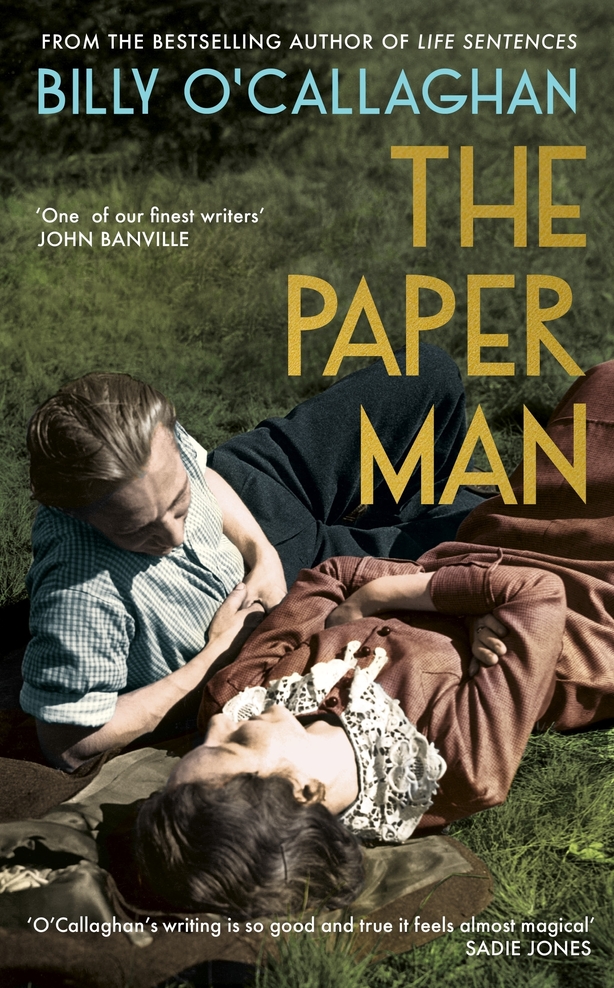Acclaimed novel Billy O'Callaghan the inspiration behind his latest novel, The Paper Man, a tale of 'of love, war, exile, faith and even a little bit of football', published this week.
I was fifteen when I first read about the Austrian maestro, Matthias Sindelar, one of football's early greats. A treasured Christmas present from my mother, a history of the World Cup the perfect gift for me, feeding my twin obsessions for the beautiful game and for books. The entry on Sindelar was brief: his 1934 Wunderteam denied its destiny, kicked bloody and controversially beaten by a technically inferior Italian side on a San Siro pitch muddied to quagmire, a semi-final remembered now only for its disgracefully corrupt Mussolini-influenced refereeing.
Much of the World Cup's glory has to do with near misses, and Sindelar's is another what-might-have-been case to rank alongside the likes of Puskas, Cruyff, Zico and Platini, immense talents who had the fates aligned so cruelly against them. The book made the rest of his intriguing story a footnote – found dead not five years later, with Europe on the brink of war, in suspicious circumstances that offered more questions than answers. And I read and was captivated.

Quarter of a century on from that Christmas gift, in June 2014, I visited Vienna for a short story conference (I'd recently published my third collection), and was offered a tour of the city by the parents of a local PhD student. Asked what I wanted to see, my mention of Sindelar met with blank looks. Austria's greatest ever footballer had, it seemed, been largely written out of history. Nevertheless, calls were made and details gradually gathered, and that day we visited the Paper Man's childhood home, his team's stadium, the cafe he'd owned, even the apartment in which he'd died. And, with the sun setting, somewhere in an impossibly immense cemetery, I got to stand at his graveside.
It's a book about family and the bonds that hardship, distance and even death can't break.
The initial ideas for this novel date from then, though the daunting scale of it ensured a slow gestation. Still, time allowed for life to seep into the work until the fiction became imbued, in a felt sense, certainly, with facets of my own existence and the world I hold closest. Because if Sindelar was the initial prompting, the beating heart of this book is its Cork sections. The Vienna depicted is necessarily a bygone world. By contrast, Cork's Jewtown, and those who populated this area – even, as here, in their fictional depictions – is the reality. The likes of Jack, his mother Rebekah, and their relatives, represent a precious part of the city's story that has for too long gone untold.
The novel as it is now was polished during the Covid lockdown. Through much of the final rewriting, my mother, who'd all those years earlier inadvertantly put The Paper Man into my hands, was waging a losing war with cancer, and a lot of the intensity of that time, sitting with her and trying to distract her with chat, feeling heartbroken for her but so grateful, too, for what we'd always had, couldn't but work its way into sections of the book. This is a novel of love, war, exile, faith and even a little bit of football. Ultimately, though, it's a book about family and the bonds that hardship, distance and even death can't break.

The Paper Man by Billy O'Callaghan is published by Jonathan Cape on 4th May.

